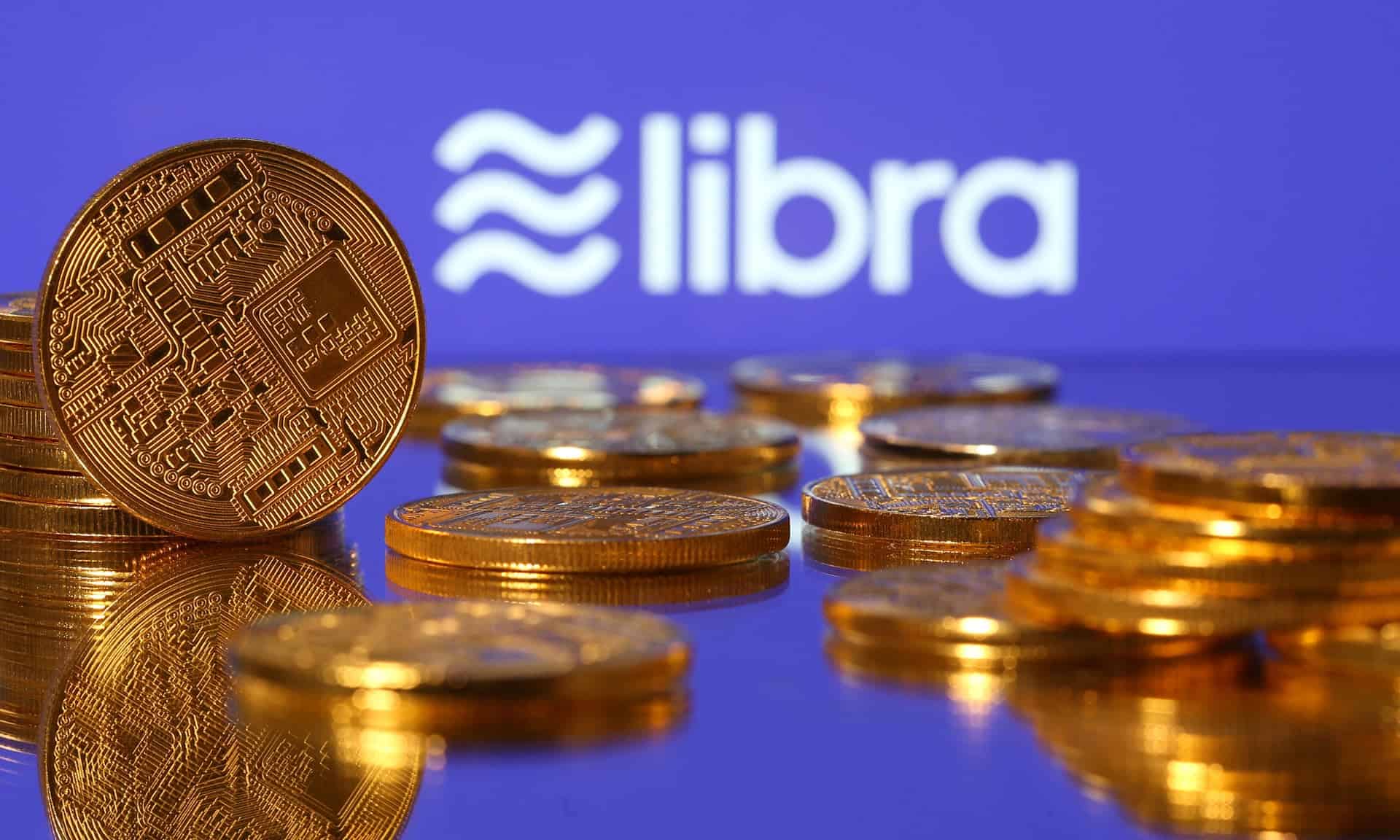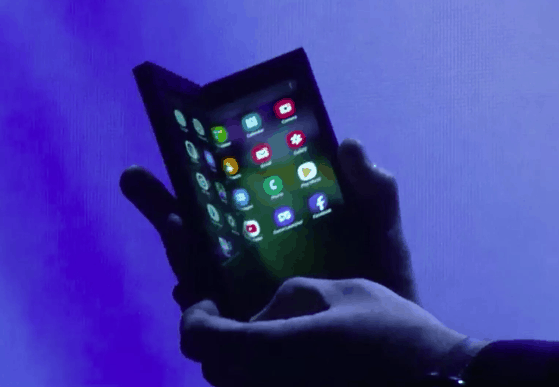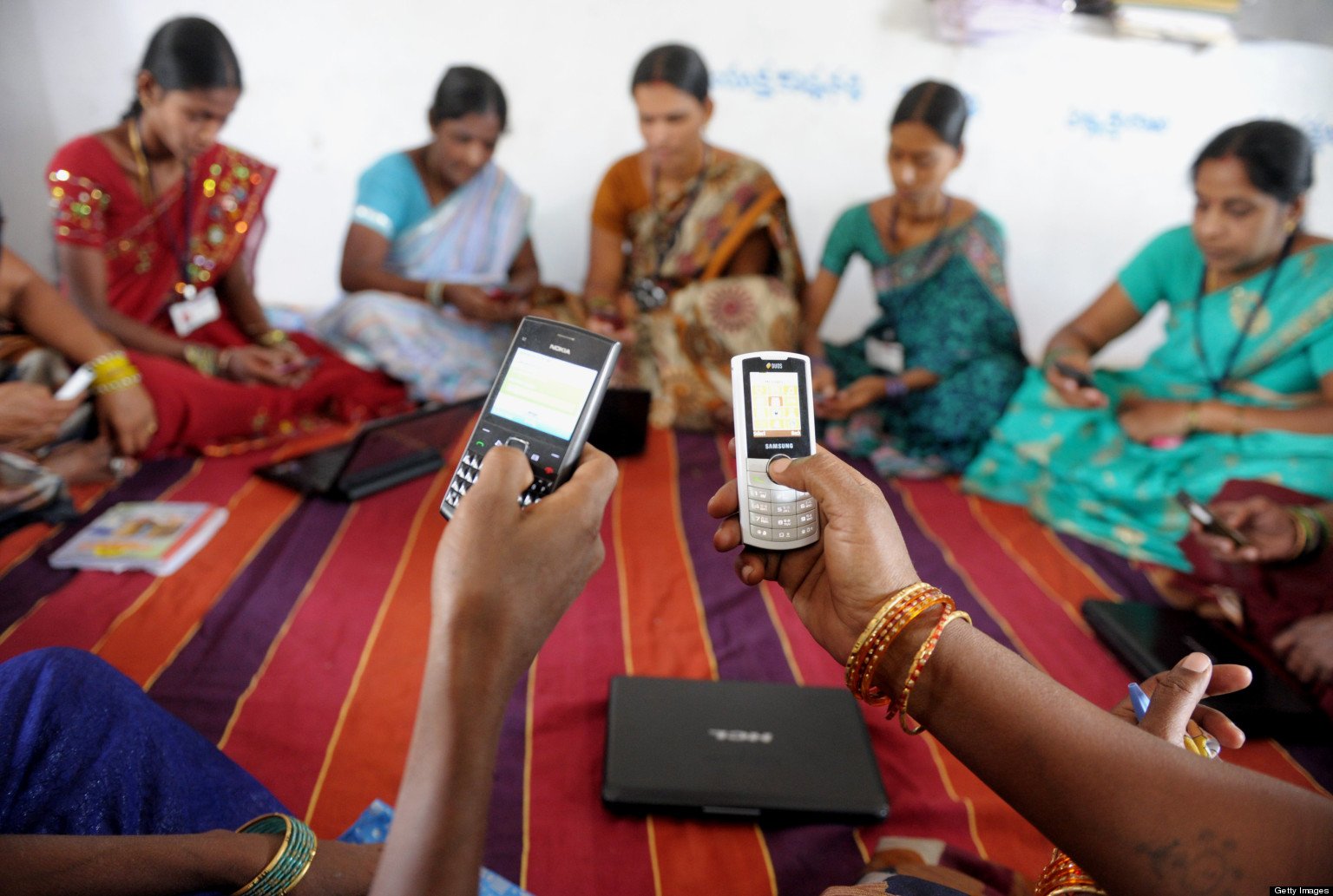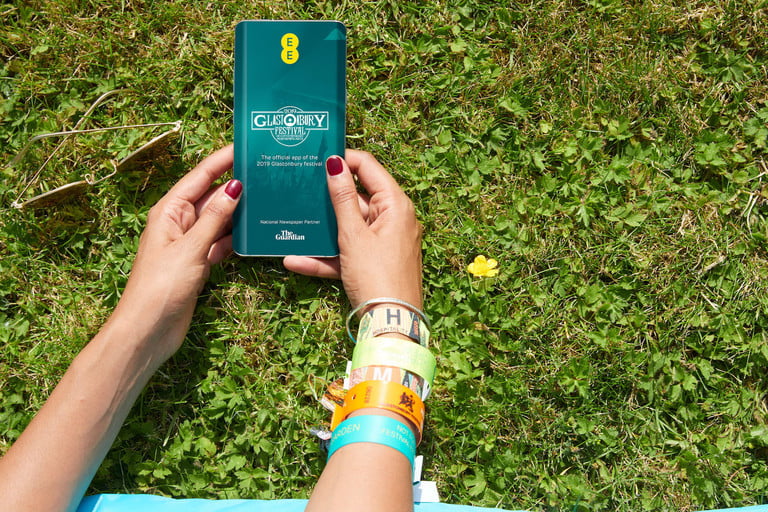Find out the week’s top mobile stories from around the world.
This week.. US Congress asks Facebook to pause development of Libra, Vodafone’s 5G network is now live in seven UK cities, NowSecure raises $15 million for app privacy testing, Firefox reinvents its Android app and much more…

Libra: US Congress asks Facebook to pause development
Guardian
The US Congress has asked Facebook to pause development on its Libra cryptocurrency until lawmakers have had more time to investigate the ramifications of the company’s actions.
In a letter from the Democratic heads of the house committee on financial services and its subcommittees, the legislators ask the company to “immediately cease implementation plans”.
Read more…
Vodafone’s 5G network is now live in seven UK cities
Pocket Lint
Vodafone’s 5G network is now live – it’s the second UK 5G network after EE and before Three goes live with mobile 5G broadband in London next month.
Lewis Hamilton was present at the launch in London (insert some comment on speed) to press the big red button which switched on the network (OK, the button probably did nothing, but it was nice to see him).
Read more…
NowSecure raises $15 million to automate mobile app security and privacy testing
VentureBeat
The growth in popularity of mobile apps hasn’t kept pace with app security improvements — quite the opposite. It’s estimated that roughly 63% of so-called grayware apps leak phones’ mobile numbers and that 62% of the top VPN appsrequest dangerous or unusual permissions.
Researchers at Symantec found in a recent study that the number of new mobile malware variants increased by 54%in 2017 over 2016’s numbers. Perhaps worse still, Gartner forecasts that only 10% of DevOps initiative will have achieved the level of automation required to be considered fully secure by 2019, up only 5% from 2017.
Read more…
Firefox is reinventing its Android app to undo Chrome’s monopoly
Wired
Google is under siege. Chrome is the world’s dominant browser but its rivals are fighting against the firm’s heavy data collecting habits. Now Firefox is taking the battle to Google’s front lawn: Android.
Starting from today the Mozilla Foundation, which is behind the bushy-tailed browser, is reinventing its web browser for the 2.5 billion devices that run Google’s operating system. The new browser comes in the guise of Firefox Preview, an app that’s still in a beta stage but is ready to be tested in the real world.
Read more…
How important will blockchain be to the world’s economy?
BBC
The Long Island Iced Tea Company, as its name suggests, was in the business of selling beverages. And not as many as it might have liked: it lost nearly $4m (£3.2m) in the third quarter of 2017.
Then the company announced that it would henceforth be known as the Long Blockchain Corporation. Would it stop selling beverages? No. Would it sell beverages using blockchain? Maybe. It would do something to do with blockchain. Maybe. Probably.
Read more…
Samsung’s Galaxy Fold problems are reportedly fixed — so now what?
Tech Crunch
In a recent interview, Samsung CEO DJ Koh noted that the company was hard at work on Galaxy Fold fixes (he also said people won’t be using smartphones in five years, so who knows?). And now, a report from Bloomberg confirms that the company has put the finishing touches on those fixes two months after the handset was originally set to debut.
So now what? We still don’t have a date. We’ve been seeing promises that a firmer timeline for release would arrive in “coming weeks” for what seems like months now. But those “people familiar with the matter” who told the site that the phone is finally read for prime time aren’t offering any additional info on timeframe.
Read more…
India offers test case for future of mobile money
FT
Packed to the ceiling with textbooks, papers and pens, Anil Chowdhary’s narrow stationery store in a New Delhi market looks like it has not changed in decades, except for the QR codes, printed on pieces of laminated paper, lying next to the cash register.
India was suddenly pushed to adopt digital payments two and a half years ago, when prime minister Narendra Modi announced the demonetisation of all Rs500 and Rs1,000 notes, then the largest denominations, to crack down on corrupt officials, businesspeople and criminals hoarding illicit cash and evading tax.
Read more…
China’s obsession with looking good is filtering into facial-recognition payments
Quartz
hina, the world’s third-largest consumer of plastic surgery and an avid user of beauty filters on photo and video apps, is bringing self-enhancement into the financial domain.
Alipay, the mobile payment arm of fintech giant Ant Financial, said on Tuesday (July 2) that, by popular demand, it would soon adopt beautifying filters (in Chinese) in its facial-recognition payment systems at retail locations across the nation.
Read more…
Digital marketers are struggling to launch omnichannel campaigns: report
Mobile Marketing Magazine
Many digital marketers still struggle to deliver omnichannel experiences, meaning they continue to fall short of consumer expectations, according to research from Selligent Marketing Cloud.
The survey of 221 digital marketers found that 41 per cent of marketers find it ‘difficult’ or ‘very difficult’ to launch integrated campaigns.
One of the big reasons identified for this is that 69 per cent do not have a single solution to execute campaigns. 16 per cent of respondents aim to have one solution but are unsatisfied, while just 14 per cent say they successfully use one solution across all channels already.
Read more…
Glastonbury festivalgoers use enough mobile data to take 51 billion selfies
Digital Trends
The amount of mobile data used at the recent Glastonbury music festival was equivalent to that needed to post 51.5 billion pictures to Instagram. That is a lot of sweaty selfies. The astonishing statistic comes from Marc Allera, CEO of U.K. network EE, — on board as the technology partner for the festival — who initially tweeted that EE dealt with a total of 103.6 terabytes of data for the duration of the event.
The Glastonbury 2019 festival took place between June 26 and June 30, and more than 203,000 people attended the iconic event, which has been held regularly since the late 1970s in Somerset, England. EE has been the technology partner for six years, and says the demand for data is always on the increase; but this year’s final data total smashed its early estimation of around 70 terabytes of data being used.













